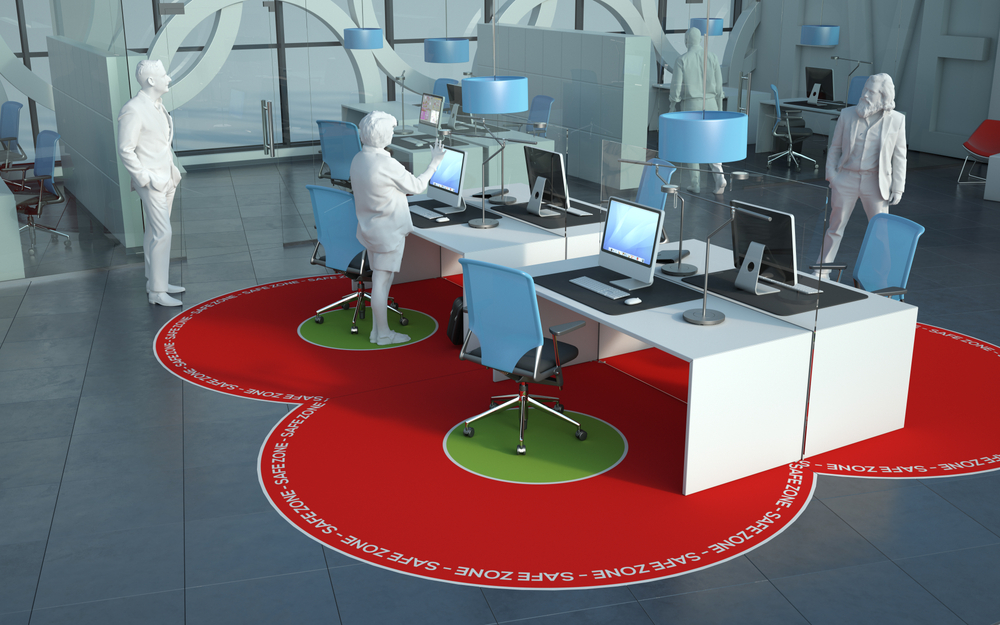Offices redesigned to conform to the new normal
The pandemic has increased the need for a range of options including private and enclosed spaces

As reported in South China Morning Post, more companies are recognising workers’ desirability for various space options after working amid the constraints of the coronavirus pandemic, indicating how they are adjusting the new normal of hybrid work arrangements and social distancing.
According to a study by US-listed furniture-maker Steelcase, the COVID-19 pandemic has induced a greater need for a range of options such as enclosed, private spaces. These changes may also include panels, privacy walls, and dividers, as well as stand-alone enclosed workspaces, which are major alterations from the standard design of open space, flexible, and shared desks.
Data from a study including more than 32,000 participants from China, Canada, Australia, France, Germany, India, Spain, Mexico, the UK, and the US, showed that organisations and companies were more willing to redesign workspaces for health and safety, followed by air quality and facility cleanliness were top factors for employees.
Uli Gwinner, president of Steelcase Asia Pacific, said, “As companies begin to move beyond emergency infection control measures, they are looking at potential workspace changes and thinking about office space differently.”
“What are we seeing from businesses is demand for flexible workspaces, which could help companies grow strategically to prepare for an unpredictable future,” Gwinner added.
Chinese top executives strongly agree that the demand for flexible/modular furniture would increase.
Kamlesh Malkani, managing director of Steelcase Hong Kong, South Korea, Taiwan, and Southeast Asia, said, “Our research told us employees’ expectations for the workplace have changed and decision-makers’ interest in potential workspace changes have increased.”
More: A new formula to elevate human performance in the workplace
Malkani added that “the vast majority of business decision-makers are expressing an increased desire for privacy walls, panels, and dividers within the office, while new stand-alone enclosed workspaces will need to match the performance of focusing at home.”
However, this does not mean that individual spaces in collaboration will be discarded, but rather there “will just be a shift to more individual spaces with greater safety measures and more collaboration spaces in the open to provide greater flexibility.”
Steelcase suggests companies make minor tweaks in the meantime to warrant social distancing, which includes adding mobile furniture that can be easily moved and reconfigured, large-scale collaboration devices, and movable screens and dividers.
Recommended
Why everyone is moving to Selangor and Johor: Malaysia’s real estate comeback
Malaysia’s upturn in fortunes is especially prevalent in secondary destinations such as Selangor and Johor
Penang’s silicon boom: How the US-China tech war is supercharging local real estate
Penang’s booming semiconductor industry has created ripples within the local real estate sector
New leader, new opportunities: How Hun Manet is shaking up Cambodia’s real estate game
Hun Manet is overseeing decent economic growth and widening access to the country’s real estate market for foreigners
Singapore embraces inclusive housing reforms amid resilient demand
The Lion City’s regulatory strength continues to exert appeal for international investors








